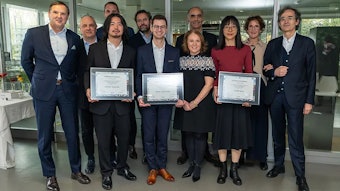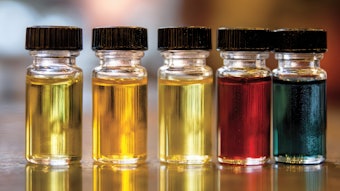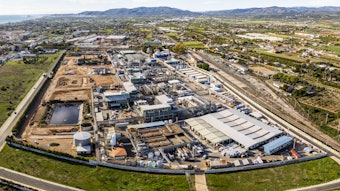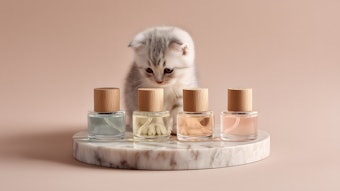The difllculties in assuring consistent quality of fragrance compounds worldwide are apparent to a company where all products are developed in one country (the United States for Avon) but marketed in many. We find that the fragrance oil quality control standards of the country in which the product was developed should be the target for purchases at all using markets locations worldwide. I will explore the chemical, botanical and governmental, reasons for the difficulty in olfactory duplication of fragrance compounds as produced in different countries.
The use of a trained evaluation group in one location can both assure worldwide olfactory fidelity and keep all manufacturing locations provided with a fresh local quality control standard. The marketing of fragrances by multinational corporations (MNC) presents some unique challenges. Anytime one is forced to change sources of raw ingredients, the aesthetic characteristics of the products are likely to be influenced. Obviously, the more complex the chemical constituents of the product, the more variability that can be expected when using alternate sources of raw materials. What then could be more complex than a fragrance compound?
Fragrance compound variability may be due to both aromatic chemicals and essential oils. For aromatic chemicals, we have to deal with alternate manufacturing processes and starting materials. As an example, geraniol may be isolated from citronella oil, produced by reduction of citral or synthesized from pinene via myrcene. Each method will produce slightly different impurities and hence slightly different olfactory characteristics. The same applies for the other common aroma chemicals such as terpineol and hydroxycitronellal. The list goes on and on.










